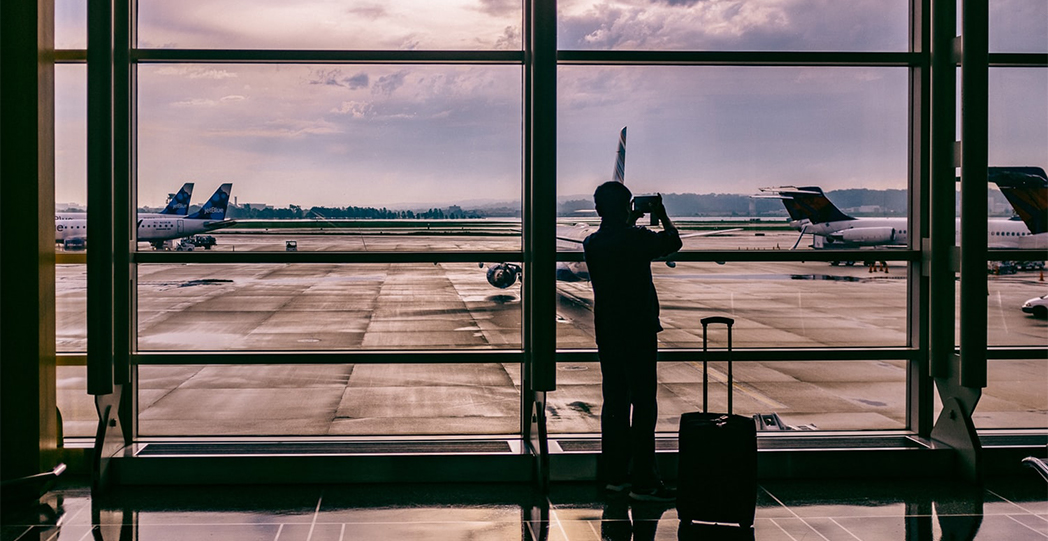The Eiffel Tower! Italian food! Driving as fast as you can on the German autobahn! Tokyo's world food market! The chance to live overseas is a dream come true. Living overseas will be one of the most rewarding experiences of your life. If your next assignment is an accompanied tour in a foreign land, do not fear. You and your family are about to enjoy one of the greatest benefits of military service.
As you approach your departure date, a thousand questions come to mind. What do you do with your car? Should I take a vehicle or buy one there? How about pets? What will the schools be like? How long will it be before I see my household goods again? What are the electrical outlets like? How safe is it? Do I need to be concerned about blending in? These are great questions, and you need answers. We can't possibly cover all of these in one article, so allow us to address an overarching strategic approach to your overseas PCS.
What is so great about an accompanied overseas PCS?
You will return from an overseas tour enriched with cultural knowledge lasting a lifetime. Your view of the world will expand. Places that are merely pictures in books to others, will be locations you and your family have visited and seen with your own eyes. A deeper understanding of different cultures will stay with you forever. Your view of your own country will be forever altered as you see the United States through the eyes of the people of your host country. Living overseas is like getting a master's degree in foreign studies. Start off on the right foot by knowing and understanding that you are entering someone else's home.
Adjust your expectations.
We have all become accustomed to the way we, as Americans, do things, but you should never forget you and your family are guests in their country. They will continue to do things their way, and you will have to adjust. Insisting that it be otherwise is a dead-end street. The speech you get from your unit about being "ambassadors for the United States" is true, so keep your cool and preserve your dignity in the face of what might seem an endless series of obstacles.
Everything will move much more slowly than you would like. Since the privileges extended to you when you live overseas are governed by a Status of Forces Agreement (SOFA) between our country and the host, immense amounts of paperwork are required for just about everything you need to do. Try your best to exercise extreme patience and stay calm during this period of waiting. The initial few months will present many bureaucratic challenges, but it gets better. You will eventually come to a point where you can start planning awesome vacations to nearby cities, like Venice, Rome, Amsterdam, Paris, Korea, Okinawa, or Tokyo.
Nuts and bolts.
So, what about those questions concerning electricity, automobiles, animals, and household goods? What can I plug in where, and when will my car and my goods arrive? Your local Transportation Office will brief you thoroughly on the textbook answer to these questions.
Electricity.
While electrical power has been common to most of the civilized world for a century, it has not been standardized globally. The plugs, voltage, and hertz vary from one country to another. Fortunately, most device producers are making their products to fit within the range of most available power sources.
If you look on your laptop for its power requirements, there will be an indication of the power input your device can receive. It will usually say something like 100-240V (volts) at 50-60H (hertz). This means it is good for European power, which is typically 220V and 50H. Your device is also good for Japan, which is 100V and 50 to 60H. If your devices do not meet the range specifications mentioned above, you will need a transformer designed to convert local power to something safe for your use. Without a transformer, plugging in your American power device to a European system will produce a brief light show and possibly a fire.
Just as power has not been standardized, neither have the plugs. Japanese plugs are the same as ours, but their voltage is lower. Fortunately, this means you can plug in your global devices and they will work fine, but a device requiring a charge will charge at a slower rate. Europe is a different kettle of fish. They operate at 220 volts, which is fine if, as mentioned above, your device can handle it. You merely need a universal adapter for your American-style plug. Your American plug goes into the adapter and then the adapter plugs into the European- style wall plug. Don't forget: Italy, England, and German plugs are all different, so you need a plug appropriate for the specific country.
It is likely you will ship all of your lamps overseas in your household goods. In Europe, you will need to get an adapter plug as mentioned above, and you will have to change out all the light bulbs to European voltage. Your U.S. light bulbs will not work, so don't try it.
Some of your electronics cannot be as easily adjusted to local power. For these, you will have to have a transformer—a device taking the available power and transforming it into something that won't fry your appliances. Transformers are plentiful, but don't buy them stateside and ship them. Instead wait until arrival at your new PCS. As you are arriving, other families will be departing. Those leaving will not want to ship their transformers since they are not needed back home. Instead they will be selling them en masse. When your tour ends, you can sell your transformers to the new arrivals.
Once you've experienced one overseas PCS, the rest will be much easier. Make a point of capitalizing on this incredibly unique experience!





